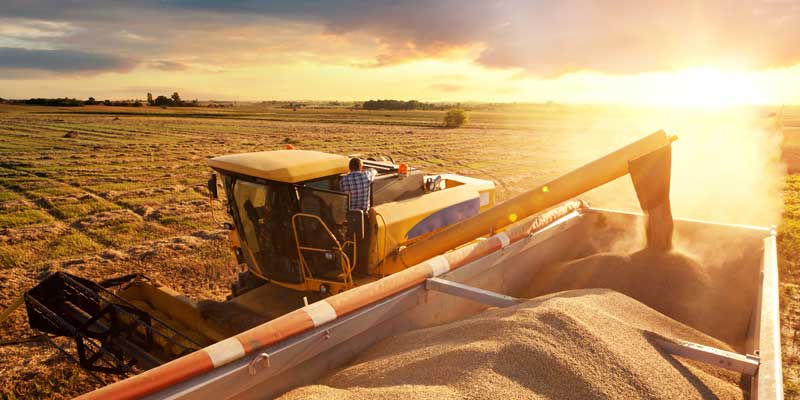Precision-bred crops progress towards reality as vital legislation is laid

The benefits of growing precision-bred crops took a step closer towards becoming reality in England as the Government lays vital secondary legislation in Parliament - a move welcomed by the Agricultural Industries Confederation (AIC).
Secondary legislation required to implement the Precision Breeding Act for plants has been laid in Parliament today (25 February), setting out the detail required to unlock the benefits of the Act which became law in March 2023.
Since then AIC has worked closely with like-minded trade bodies, scientists and politicians to >call on the Government to set out a clear timetable to implement this legislation.
As the agri-supply industry's leading trade association, AIC has played a pivotal role in partnering with the Government in recent years as it sought to introduce this landmark legislation.
AIC is a member of the Government's Precision Breeding Working Group with industry which helps to identify the challenges and opportunities for precision breeding, discusses how to facilitate routes to market, and get initial products on retail shelves for consumers.
The Government will now reconvene its Precision Breeding Working Group and Food Security Minister Daniel Zeichner MP has invited AIC's Head of Policy and External Affairs Ed Barker to sit on the group.
Ed Barker, AIC's Head of Policy and External Affairs, said: "We've long been calling for the Government to progress with this necessary legislation to see the benefits of the landmark Precision Breeding Act finally realised for crop production in England.
"There are significant UK food security benefits offered by this legislation. AIC looks forward to continuing its collaborative work with the Government and industry partners to help ensure this legislation is pragmatic and successful."
Crops bred using genetic technology can be made to better withstand flooding or drought driven by climate change, as well as having a greater resistance to pests and disease.
Gene editing could help with producing more home-grown protein for animal feed, thereby cutting the UK's dependence on imports such as soya. It may also help provide food for those with special dietary needs.

